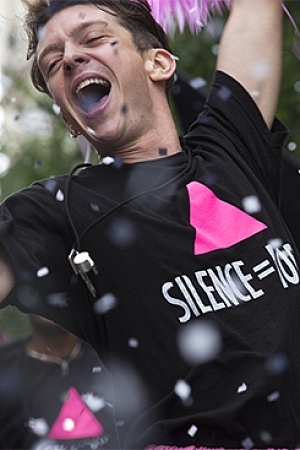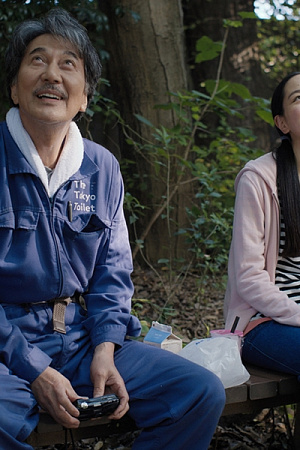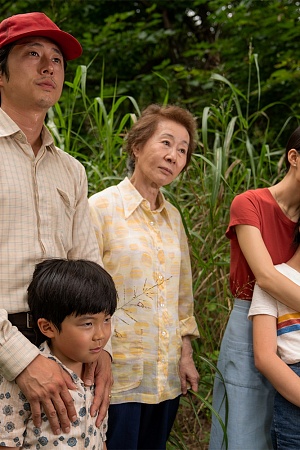Challengers
.jpg)
The game of tennis is simple: hit the ball over the net and make sure it lands between the straight white lines. It’s simpler than life, though tennis, like all other sports, is designed to act as its mirror – spectator sports are enticing because they lay bare the emotions that the complications of real life often obfuscate. Tennis is weaponised in this same way in Luca Guadagnino’s Challengers, a psychosexual sports drama that marries the mercuriality of love and lust with the capriciousness of a sport oft won by millimetres.
Continue reading for only $10 per month. Subscribe and gain full access to Australian Book Review. Already a subscriber? Sign in. If you need assistance, feel free to contact us.











Leave a comment
If you are an ABR subscriber, you will need to sign in to post a comment.
If you have forgotten your sign in details, or if you receive an error message when trying to submit your comment, please email your comment (and the name of the article to which it relates) to ABR Comments. We will review your comment and, subject to approval, we will post it under your name.
Please note that all comments must be approved by ABR and comply with our Terms & Conditions.